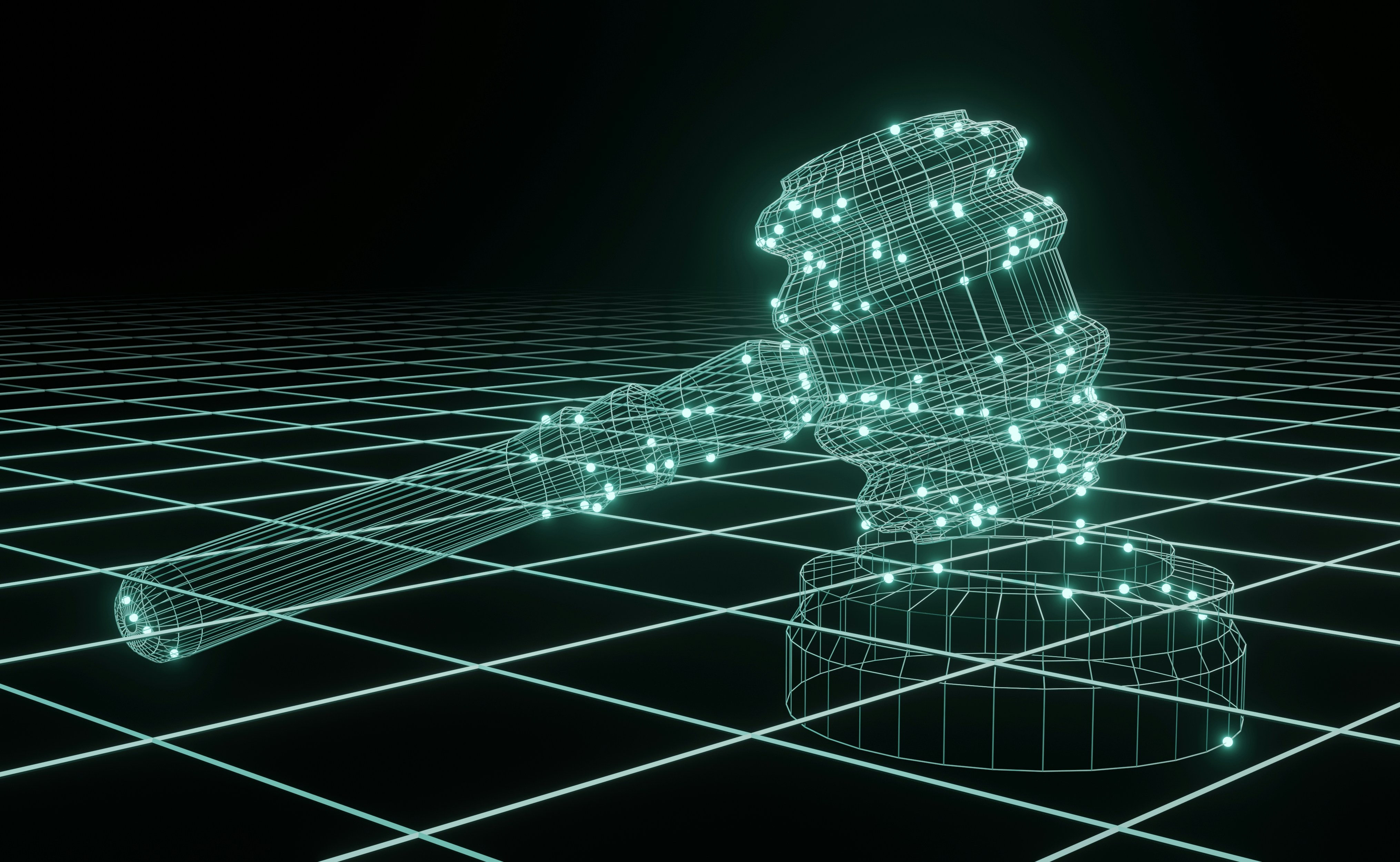Concerns over biometric data collection (fingerprints, facial/voice recognition, retinal scans) are growing, to the point where several states now have legislation pending on what companies can collect, and how such data can be used, stored, sold, or shared.
The biggest problem, however, is the number of people who will happily provide this data for a few seconds of extra convenience, at places like Panera Bread.
What's Happening?
Panera has introduced palm scanners in several locations, for customers who wish to enroll in or enjoy the benefits of the company’s loyalty program. Now, all you have to do is place your palm over the scanner, and Panera will greet you by name, recommend entrees you might enjoy, and automatically process your credit or debit card payment.
Isn’t that nice? It’s like they really get you. But here’s a question for the millions of customers already enrolled in that program – what happens when Panera gets hacked?
What are the Risks?
That is not a criticism of whatever online security protocols Panera has in place. Sooner or later they will get hacked, because almost every company does. Now the hackers have your debit and credit card numbers, as well as other personal information. They’re about to really get you as well.
Okay, life sucks sometimes. I’ll change my account numbers, and I can start getting online privacy protection so websites that share or sell my home address will be notified to remove that content. Problem solved.
But what about your palm print? That’s not so easy to change, is it?
At least Panera Bread asks first. We’re not far away from hackers and thieves using portable palm scanners to acquire that biometric information while they stand behind you in line at the grocery store. Now all they have to do is match that palm scan with one on record at Panera or elsewhere, and they’ve got your bank data too.
What Should You Do?
Our advice – pay for your lunch the old-fashioned way, or at least in some way that doesn’t compromise personal traits that cannot be altered. More businesses are likely to be rolling out similar devices soon, promoting them as a way to make your visit more convenient. Don’t fall for it. Waiting five minutes longer for your flatbread pizza is a small price to pay to keep your bank account secure.
Start Protecting Your Personal Information Now





